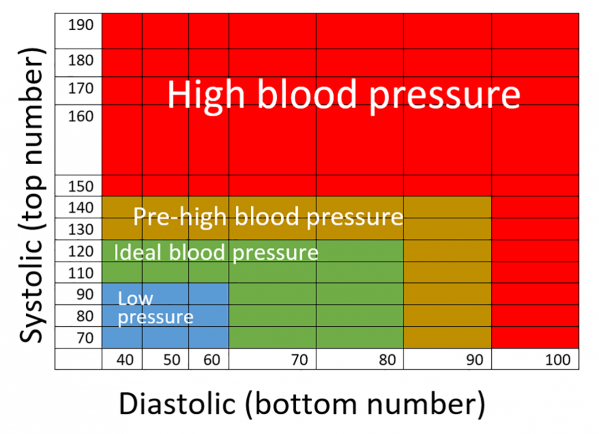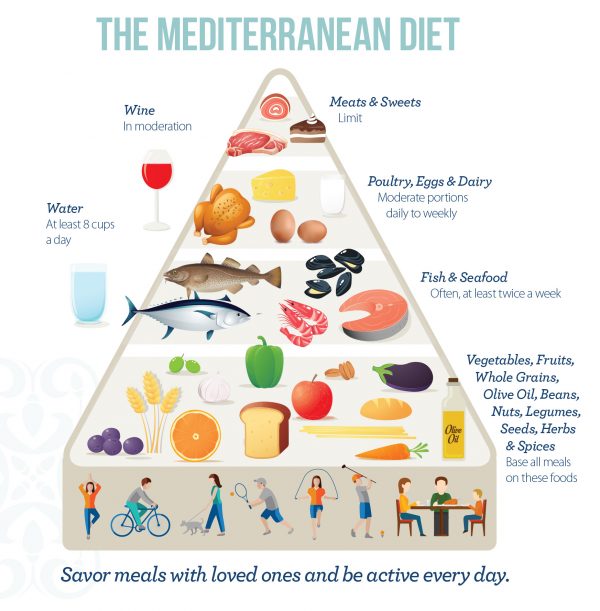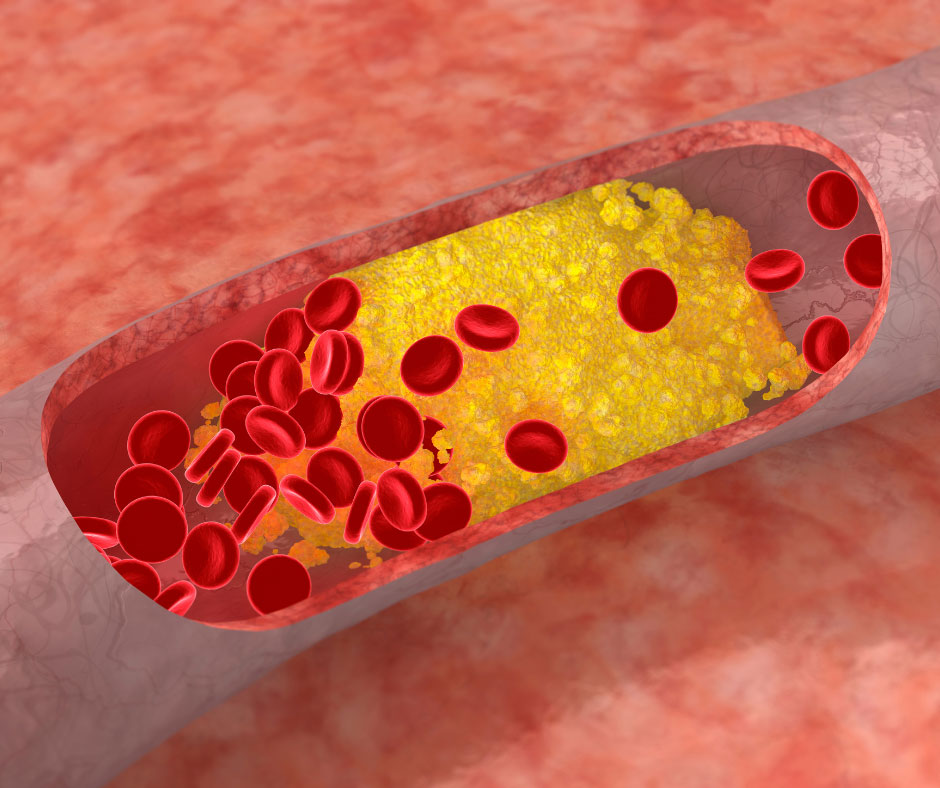It is estimated that 1 in 6 women, and 1 in 10 men, who live past the age of 55 will develop dementia in their lifetime. Alzheimer’s disease accounts for up to 70% of the dementia in the elderly, and vascular dementia accounting for most other dementia cases in the elderly.
Experts agree that the vast majority of dementia or Alzheimer’s cases, like many other chronic conditions, are a result of multiple factors, including age, genetics, environment, and lifestyle. It is now thought that conditions that affect the heart, such as high blood pressure, obesity, diabetes and high cholesterol, can also increase the risk of developing dementia or Alzheimer’s.
The connection between the heart and the brain:
Vascular (blood vessel) problems that include atherosclerosis (the buildup of fatty plaque in the arteries) and arteriosclerosis (the stiffening of arteries with age) are both well-known contributors to heart disease. Yet, these same processes can also damage brain function by interfering with the steady supply of oxygen-rich blood that nourishes brain cells. This means the brain is not getting a sufficient supply of blood over the long term. “An estimated one-third of all cases of dementia, including those identified as Alzheimer’s, can be attributed to vascular factors,” says Dr. Albert Hofman, chair of the department of epidemiology at the Harvard T.H. Chan School of Public Health.
High blood pressure, which is the leading cause of stroke, can also be linked to the progression of dementia. In a stroke, large portions of brain tissue die when a blood clot in a major brain artery abruptly halts the flow of blood. In addition to suffering immediate damage from a stroke, roughly one in three stroke survivors will eventually develop dementia.
High blood pressure can also cause more subtle injuries when tiny blockages occur in the small vessels deep within the brain. These silent strokes are 10 to 20 times more common than overt strokes. The microscopic damage they leave behind also raises the risk that dementia will emerge at a later date.
Healthy lifestyle choices can improve your overall health, your heart health, and possibly protect your brain:
A key step in maintaining your cognitive abilities is to reduce your major cardiovascular risks. This includes getting regular physical exercise, quitting smoking, managing blood sugar and blood cholesterol levels, eating a healthy diet, and maintaining a healthy weight. Of particular importance is keeping high blood pressure in check, especially in middle age.
1. Exercise: Regular physical exercise may directly benefit brain cells by increasing blood and oxygen flow in the brain and may be beneficial in reducing the risk of Alzheimer’s and vascular dementia.
2. Healthy Diet: Research has long shown that a healthy diet is associated with lower levels of stroke, type 2 diabetes, and cardiovascular diseases. There is now some evidence that eating a heart healthy diet can also reduce the risk of developing problems with memory and thinking. Researchers have found that people who stuck to a Mediterranean-type diet reduced their risk for Alzheimer’s disease by 54%. But perhaps more importantly, researchers found that adults who followed the diet only part of the time still cut their risk of the disease by about 35%.
3. Stop Smoking: Smoking can cause heart disease and thus increase the risk of dementia and cognitive impairment caused by mini-strokes and hardening of the arteries. Smokers also have a high risk of insomnia and sleep apnea, both of which could theoretically increase the risk of dementia. Cigarettes and cigarette smoke contain more than 4,700 chemical compounds, including some that are highly toxic such as vinyl chloride, hydrogen cyanide, arsenic, carbon monoxide, formaldehyde, and heavy metals. While scientists aren’t sure which of these toxins are responsible for the increased risk, they do understand that tobacco products can damage our brains. Studies have shown that people who smoke are at higher risk of developing all types of dementia and a much higher risk (up to 79%) for Alzheimer’s disease.
Staying on top of risk factors:
Can dementia or Alzheimer’s be prevented? It’s a question that continues to intrigue researchers and fuel new investigations. It is currently thought that the best way to maintain good brain function and reduce your risk of dementia is to adapt a healthy lifestyle, including eating healthy foods, getting regular exercise, not smoking, managing your weight, and maintaining normal blood pressure and cholesterol levels.
Sources:
Harvard Health Publication/Harvard Medical School: https://www.health.harvard.edu/blog/heart-disease-and-brain-health-looking-at-the-links-2016110910582
Alzheimer’s Association: http://www.alz.org/research/science/alzheimers_prevention_and_risk.asp
Alzheimer’s Society/UK: https://www.alzheimers.org.uk/info/20010/risk_factors_and_prevention/149/mediterranean_diet
Alzheimer’s Drug Discovery Foundation: https://www.alzdiscovery.org/cognitive-vitality/blog/your-brain-is-begging-you-stop-smoking
Institute for Dementia Research & Prevention, Pennington Biomedical Research Center, Louisiana State University System: http://idrp.pbrc.edu/faq.htm











